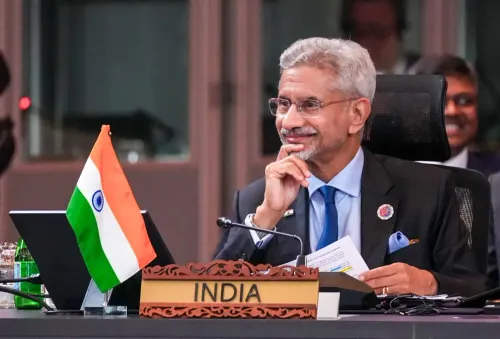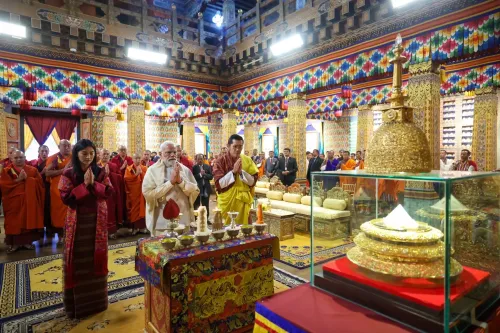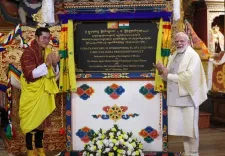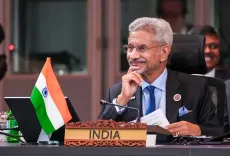How Will South Korea Enhance Cooperation with the World Bank to Assist Developing Nations?
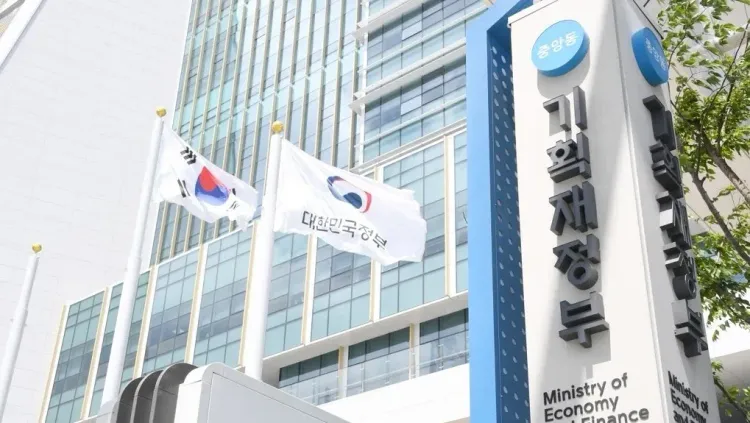
Synopsis
Key Takeaways
- South Korea is enhancing its collaboration with the World Bank to support developing nations.
- The KWPF has invested $46.8 billion since its inception.
- Focus areas include digital technology and eco-friendly agriculture.
- The government is committed to developing the aerospace industry.
- Fostering aerospace talent is key for technological sovereignty.
Seoul, May 27 (NationPress) South Korea is set to intensify its collaboration with the World Bank to support the advancement of agriculture and food technologies in developing nations, as announced by the finance ministry on Tuesday.
The Ministry of Economy and Finance convened an annual meeting with World Bank officials in Busan, a southeastern port city, to review their joint projects under the Korea-World Bank Group Partnership Facility (KWPF) and explore future development aid initiatives, according to ministry representatives.
The KWPF represents the largest trust fund established by South Korea within the World Bank, aimed at aiding developing countries across various domains, including digital technology, healthcare, agriculture, energy, job creation, and innovation, as reported by Yonhap news agency.
Since its inception in 2013, the KWPF has disbursed a total of $46.8 billion to support 99 nations.
During this year’s meeting, the finance ministry and the World Bank reviewed their collaborative projects focused on transferring South Korea's technologies in the realms of digital and eco-friendly agriculture to Tanzania, Kenya, and five other countries, while discussing avenues to expand their partnership.
In related news, Acting President Lee Ju-ho stated on Tuesday that the government will provide unwavering support to the aerospace industry.
“The government will extend comprehensive support for investments aimed at the future of the Republic of Korea's aerospace sector, with the Korea AeroSpace Administration at the forefront,” he affirmed.
“We will proactively develop industries into aerospace clusters and establish new global benchmarks in aerospace through the advancement of core technologies such as reusable launch vehicles and ultra high-definition satellites,” he further explained.
Aerospace Day was inaugurated on May 27 last year to commemorate the launch of KASA. Since then, the education ministry has been supporting graduate-level aerospace students through a specialized program.
“Cultivating aerospace talent is a critical mission that will shape our nation’s technological independence and future competitiveness,” Lee added.


